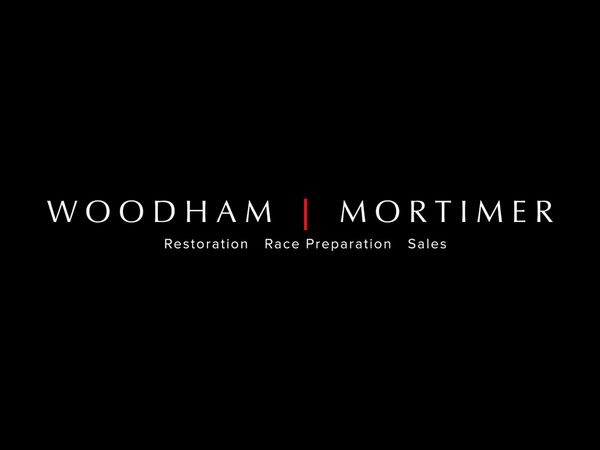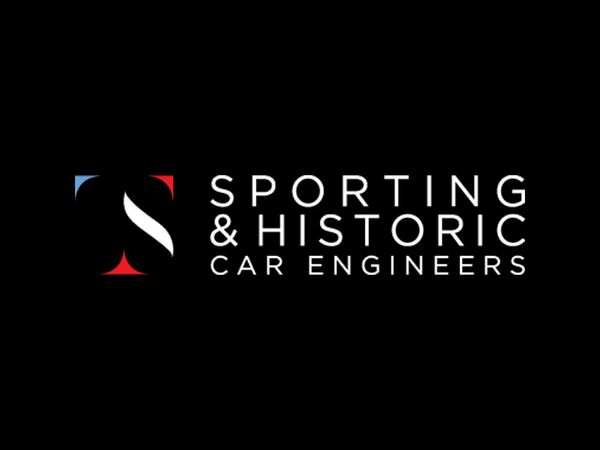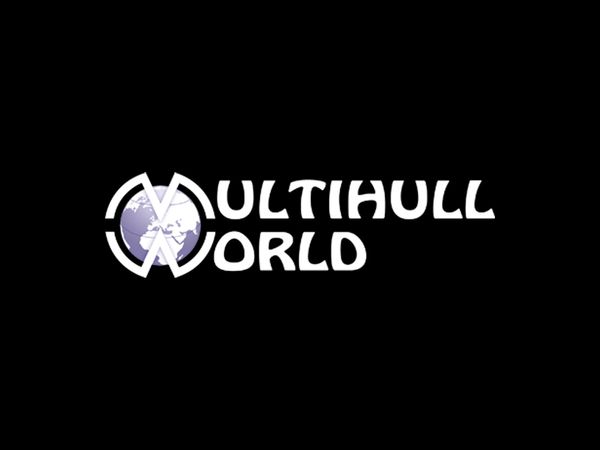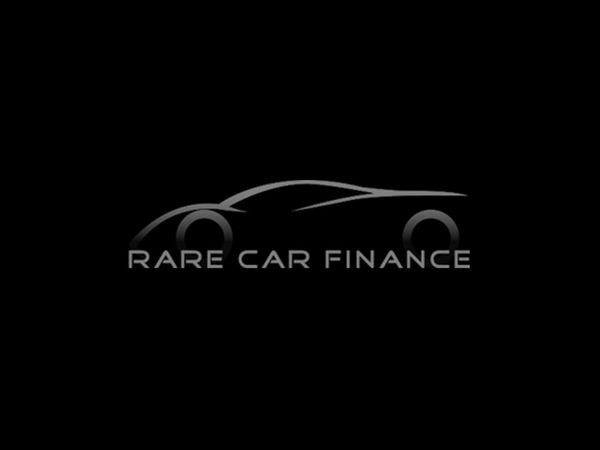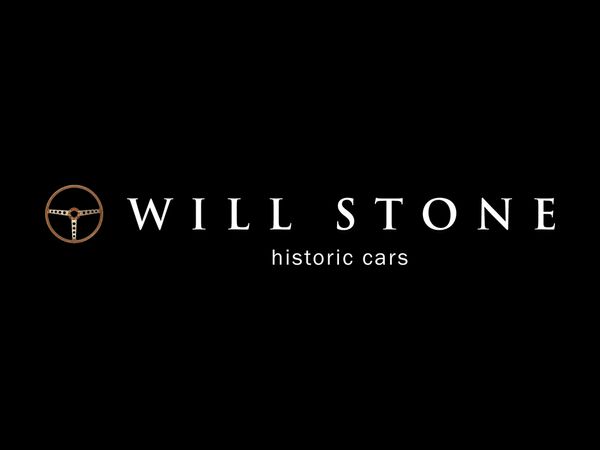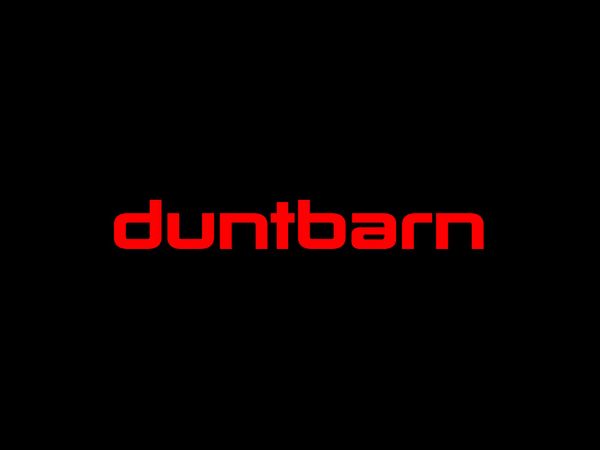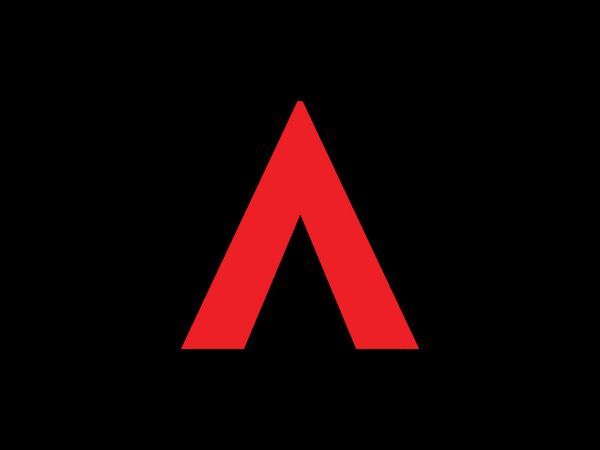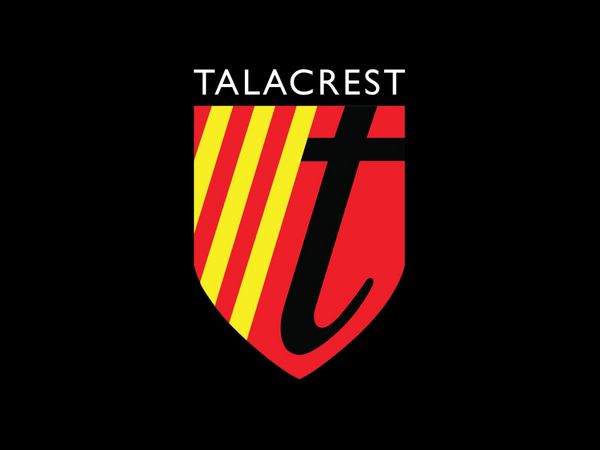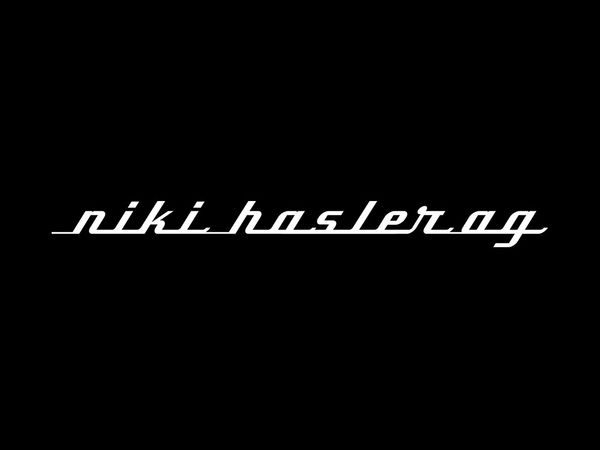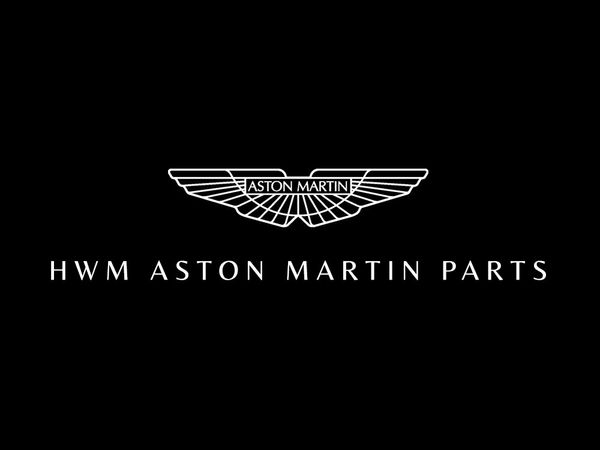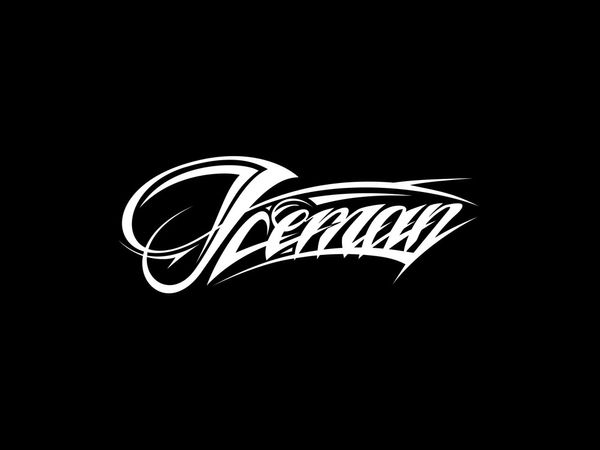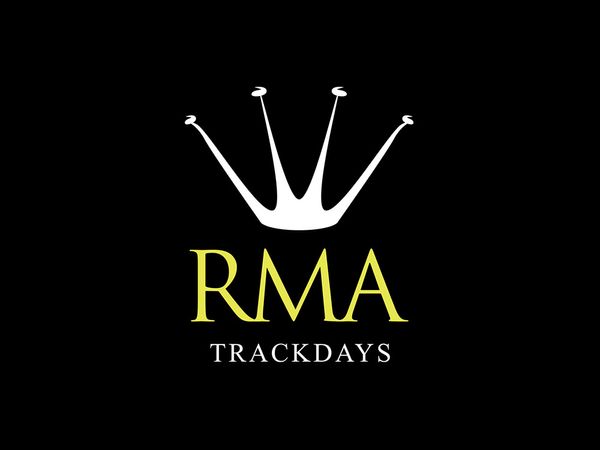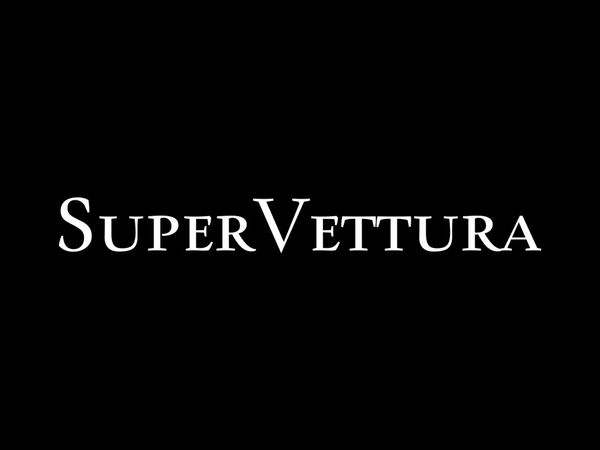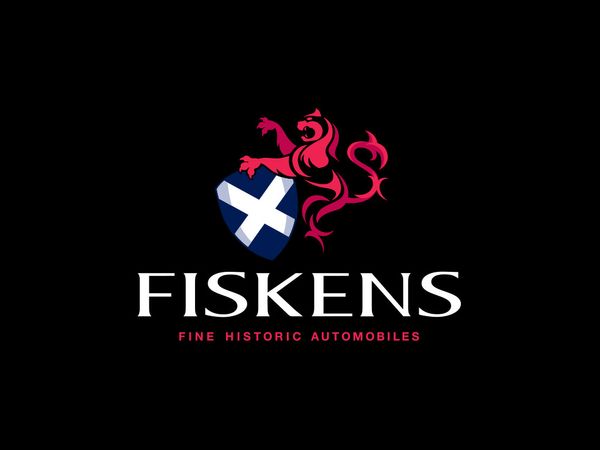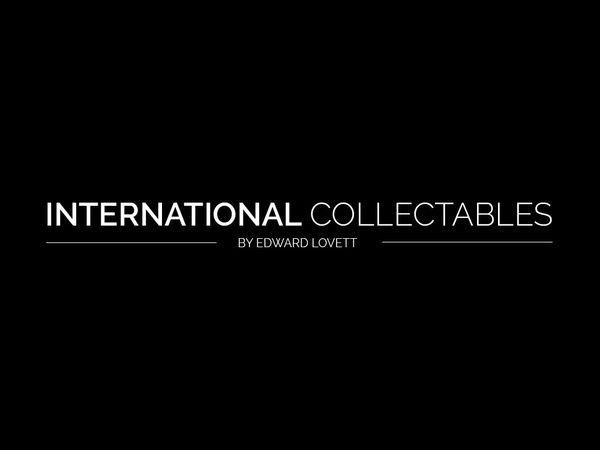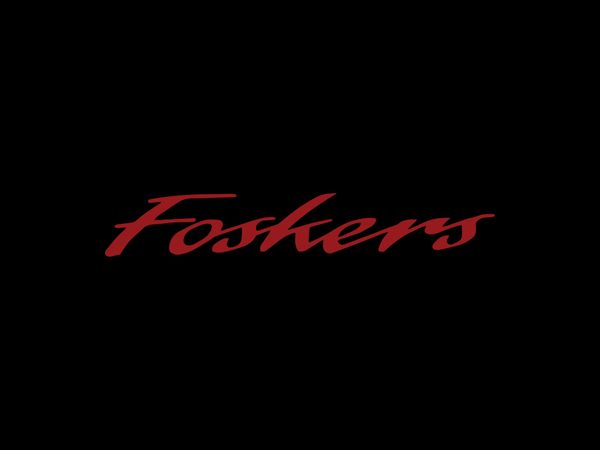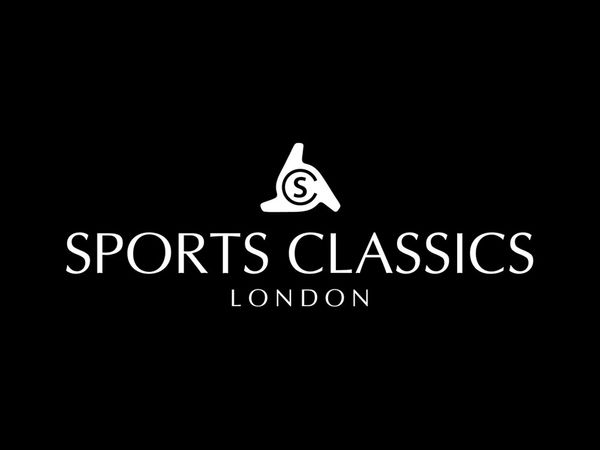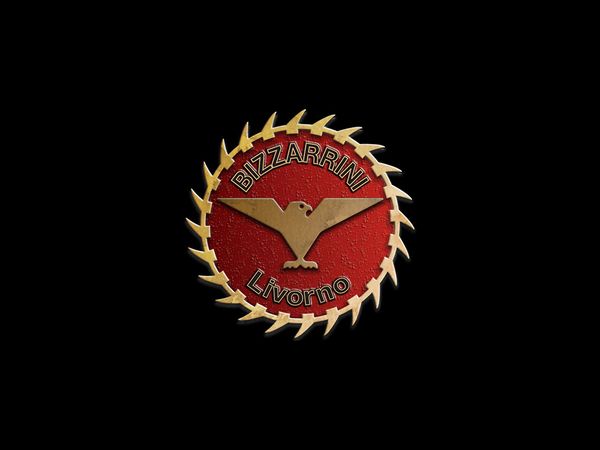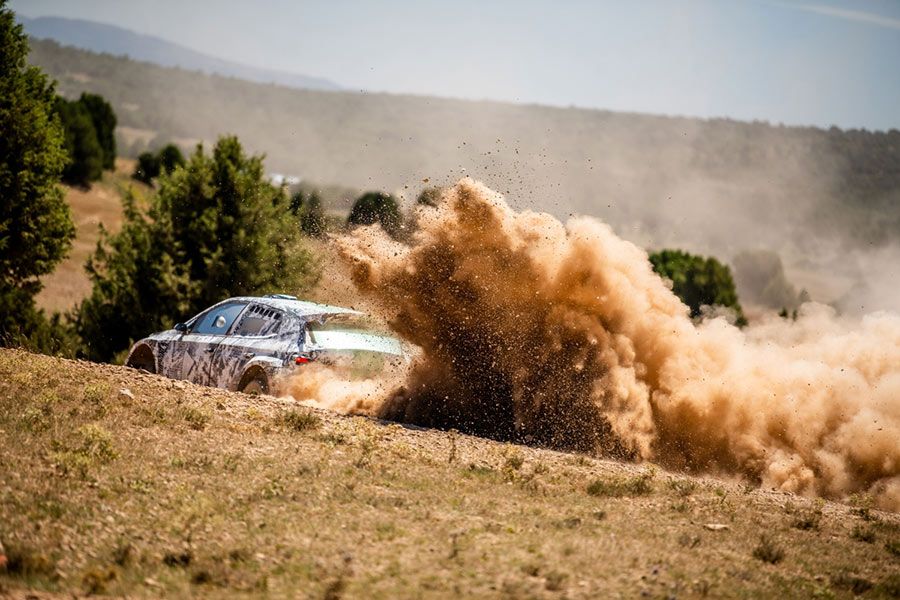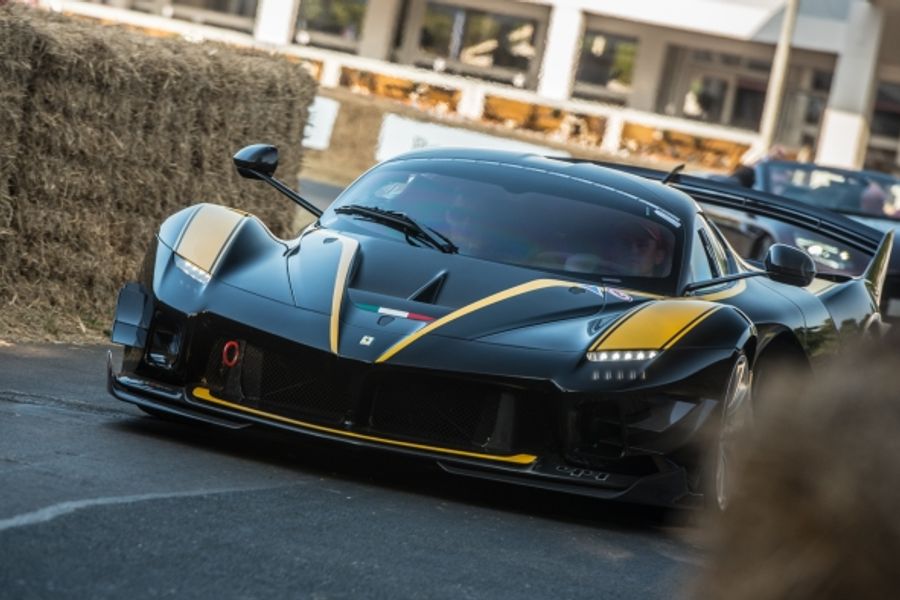MOTOR SPORTS COUNCIL INVESTIGATORY TRIBUNAL
1. By a decision dated 26th November 2008 the Motor Sports Council National Court(the “National Court”) upheld two appeals by Mitsubishi Motors UK (“MMUK”)against the decision of Stewards of the Trackrod International Rally, Yorkshire on30th October 2008 to exclude a car driven by Guy Wilks on the ground that itssteering wheel attachment to the column did not comply with appropriatehomologation.
2. MMUK’s case before the National Court had been that the pinch bolt mechanismby which steering wheels had been attached had proved to be dangerous and thattheir use of a taper and nut method of attachment was both necessary on safetygrounds and compliant with the homologation regulations.
3. The National Court effectively accepted both those arguments, but added arecommendation to its decision. The material parts of that recommendation werethat the National Court was “extremely concerned to learn that MMUK as longago as 2004/5 experienced problems with the pinch bolt attachment…” andrecommended “that if Mitsubishi have genuine concerns they should immediatelymake those concerns known to all persons using vehicles of this type forcompetition purposes….”
4. On 3rd December 2008 (one week after the decision) MMUK entered two vehiclesfor the WRGB both of which had steering wheels attached by pinch bolts.
5. It appeared to MSA that the National Court had been misled and/or that safety wasbeing compromised and it referred the matter to this Tribunal for inquiry.
6. We heard evidence from Mr Chris Hodgson and Mr Paul Brigden on behalf ofMMUK. Mr Hodgson had, at all relevant times, been the technical director ofADR Motorsport Ltd who were contracted to build and run MMUK cars. He toldus that his view since 2005 had been that pinch bolt attachment of steering wheelhad been “100% dangerous” and that this had been the gist of his evidence to theNational Court. He said that he had been unaware at the time of giving thatevidence that the matter had been researched within ADR and that alternativewheels with pinch bolt fixing had already been ordered and obtained, about whichthe National Court had heard nothing.
7. Mr Hodgson also told us that the serious problems which they had experiencedwith the one type of pinch bolt secured wheels of which they had experience hadnot been disclosed to anyone beyond ADR and MMUK . He was asked by MrScott Allen, Counsel representing MSA, whether he accepted the MMUK hadthereby put its competitive advantage before the interests of safety and he verycandidly accepted that this was the position.
8. Mr Brigden was the team principal of MMUK Rally Team. He told us that he hadgiven evidence to the National Court which “echoed” that of Mr Hogson butwhich he had not independently verified. He accepted that, as the team principal,he had been responsible for dealing with the National Court’s recommendationbut that he regarded that recommendation as requiring him to do nothing morethan notify Mitsubishi Motors of it. He accordingly emailed the recommendationto Mitsubishi who responded by email disclaiming all responsibility. Thatdisclaimer and the fact that nothing else had been done to comply with itsrecommendation was not disclosed to MSA.
9. The Tribunal also read and/or heard evidence from Mr Robert Jones, Mr RobertMacdonald, Mr Richard Rainbow, Mr John Ryan, Mr Julian Leach and Mr ScottAndrews who had chaired the National Court. All, save for Mr Scott Andrewswho gave evidence about the submissions that had been made to the NationalCourt, testified to the genuine concerns which MSA had felt about the position. Itwas not suggested to any of them by Mr Quinlan, counsel for MMUK, that thoseconcerns were not genuine and on the evidence that we read and heard we alsoaccept that they were also justified.
10. Mr Mark Higgins, the competitor who had lodged the initial protest, also providedus with a statement and we were assisted by the written argument of his lawyer,Mr Roy Dixon.
11. In the light of the evidence that we read and heard and the exceptionally helpfularguments addressed to us by Mr Allen and Mr Quinlan we rejected MSA’ssubmission that there had been any “fraudulent act or proceeding” within themeaning of regulation C (d)1 c; but accepted that MMUK had acted in a mannerprejudicial to the interest of motor sport generally within the meaning of C (d)1 d.
12. Our prime concern is with safety. We find the candidly admitted putting ofcompetitive advantage before the interests of safety wholly unacceptable andbeyond any shadow of doubt prejudicial to the interests of motor sport generally.We also find that the manner in which MMUK dealt with the National Court’srecommendation cavalier and irresponsible and that this was aggravated by theunexplained failure to disclose to MSA Mitsubishi’s bland disclaimer ofresponsibility.
13. We are not satisfied that any individual deliberately set out to deceive the NationalCourt. It was, however, plain beyond argument that the National Court waswholly unaware of the fact that at least one senior employee with responsibilityfor these cars who must have been well aware of the case which was before theNational Court also believed that he had obtained pinch bolted wheels whichwould not be dangerous.
14. It is plain to us, and we are satisfied that it was or should have been plain toMMUK that it had a duty to investigate the matter more thoroughly than it didbefore giving evidence which unquestionably created the impression that anypinch bolt attachment would be dangerous for rallying purposes when at least oneof the most responsible senior personnel within the organisation believed thatthere was at least one pinch bolt secured wheel which dealt with their concernsand which had been physically obtained.15. We declined to set aside the decision of the National Court which we consider tohave been correct on the evidence that was placed before it. There was noevidence that we have seen which clearly established or establishes that thesteering column did not comply with homologation and in those circumstances itwould have been wrong, and grossly unfair, for the National Court to havedeprived the winning driver (who could not have obtained any advantage) of hisposition; and equally wrong of us to reverse the decision which the National Courtmade, but we do make plain for the avoidance of any doubt that it is the clearresponsibility of entrants to ensure that all parts are both safe and in accordancewith homologation.
16. Additionally we wish specifically to endorse the recommendation that theNational Court made and which we quoted above. In this case, and in all cases,there is a clear, obvious and overriding duty to ensure that any real concerns aboutsafety are brought to the attention of those who are likely to be affected and tothose who are best placed to address them. This principle will invariably obligeall those concerned to ensure that the MSA is fully, openly and comprehensivelykept informed and up to date on all safety issues.
17. We also accept that, contrary to the impression which was given to the NationalCourt, there may well be steering bosses which can be safely and securelyattached by means of pinch bolt.
18. We were urged on behalf of MSA to consider penalties of disqualification andsuspension. We decided that it would be wrong to impose either penalty in a casewhere we were not satisfied that the there had been any deliberate dishonesty orintentional breach.
19. We heard submissions and argument on the question of financial penalty andcosts. We were informed that MMUK had incurred costs of £15,000; MSA costsin excess of £55,000; Mr Higgins costs (including loss of earnings) of £4,000; andthe Court costs in excess of £10,000.
20. It was attractively argued by Mr Quinlan on behalf of MMUK that the Tribunalhad no power to award any costs in favour of a party because of paragraph C (d)82 which restricts the power of the National Court to do so. Mr Allen relied onparagraph C (d) 114 which expressly empowers Investigatory Tribunals toallocate costs if appropriate. It would in our view be little short of bizarre if theMSA were not to be entitled to any of the costs which it had incurred in a casesuch as this.
21. We were concerned to impose a financial penalty which reflected the seriousnessof the disregard for safety but not one which was disproportionate when viewed asa whole – and we were conscious of the fact that any award of costs would addsignificantly to that overall sum. We consider that the MSA has acted whollyproperly throughout this matter, and in the interests of motor sport and the public,and we should therefore explain why we are not ordering MMUK to effectivelyindemnify it from the costs it has and will incur. We consider that it is in theinterests of the sport and in the wider public interest that MSA should thoroughlyinvestigate all matters giving rise to concern about safety, even where the fullcosts of doing so cannot be recovered from a party whose funds are, we accept,limited in the current financial climate. Had we not been persuaded of that fact,and also taken into account the costs which we order to be paid, we would haveimposed a significantly larger fine. Taking all those matters into consideration,we conclude that the fair and proper order to make is that MMUK pay £10,000towards the costs of the Court; £25,000 towards MSA’s costs; and a fine of£25,000. We also conclude that we have no power to order the payment of MrHiggin’s costs or expenses.

